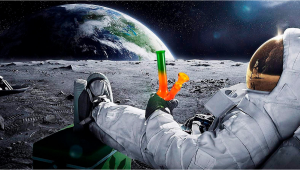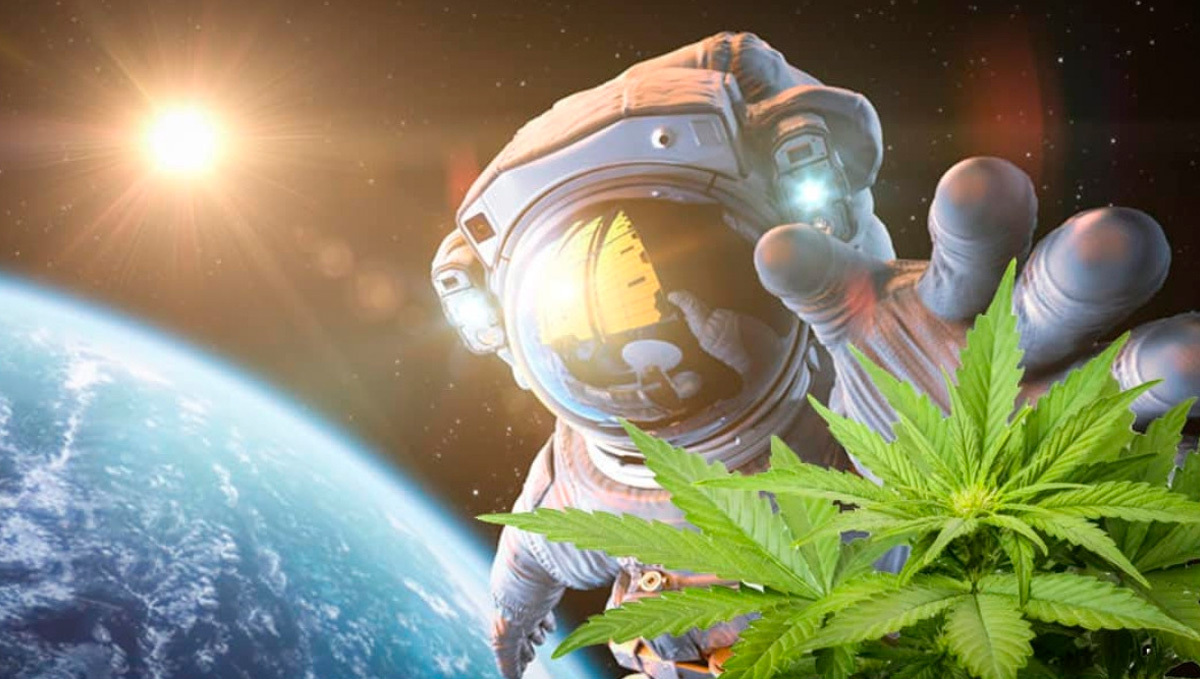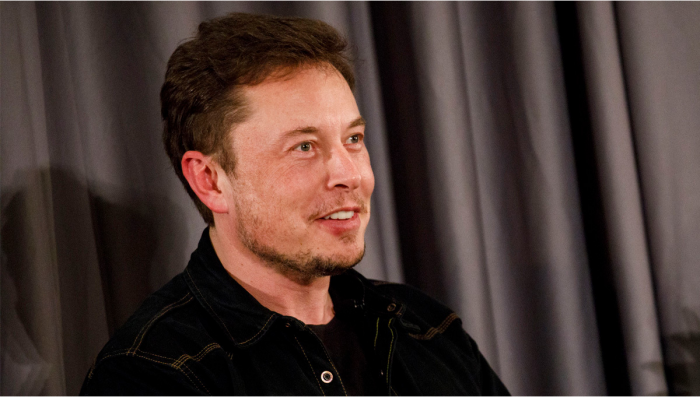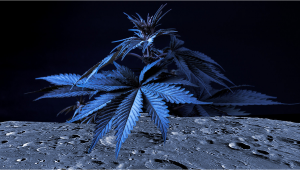Space Weed Could be the Way of the Future, Ex-Astronaut Says

Speaking to Futurism, Chris Hadfield, a retired Canadian astronaut discussed the prospects of using intoxicating substances in space and of creating zero-gravity production facilities in the orbit that would mass-produce cannabinoids of purer quality than in any garden on Earth.
Despite a global push to legalize the cannabis plant and its constituents, there hasn’t been any puffing going on in space. Or drinking, for that matter. However, as more and more people, including tourists, visit our planet’s immediate neighborhood, recreational substance use might be allowed here going forward.
Space is a Too Dangerous Place For Intoxication Now
In his interview, Hadfield stressed that at this point in the history of space exploration, it’s still too dangerous to allow astronauts to be inebriated with any substance, be it alcohol or weed. People going to a space station must be on top of their game at all times, and if for instance there is a fire, they will act as firemen. In any other emergency, they are also the last (and only) line of defense.
However, as the Earth’s orbit becomes a more populated place and people build bigger stations with better life support, they’ll be entitled to relax every once in a while. They’ll want to drink, and they probably want to smoke some weed. Of course, a lot depends on the laws, and blazing up on the International Space Station won’t be possible until marijuana is legalized federally in the United States.

Harvesting Trichomes in Space is a New Startup’s Ambition
The reason the ex-astronaut was asked to speculate on weed’s future prospects as a drug of choice on space stations is that he sits on the board of advisers for BioHarvest, a biotech startup that researches growing plant matter, mostly for food, in fluid bioreactors.
BioHarvest has been working with cannabis for years now. When envisioning marijuana cultivation in space, they don’t actually think about hydroponics let alone pots filled with dirt. Rather, their plan is to control the reproduction of only those plant cells that produce cannabinoids. Basically, they want to grow and harvest trichomes and nothing else. And zero gravitation could mean enough advantages to yield the best and purest samples yet.
Bioreactor-produced marijuana may still be too expensive to transport back to Earth to be sold at recreational shops, but this innovative method can be a cheap way to mass-produce minor and rare cannabinoids some of which may have unique therapeutic effects.











Comments